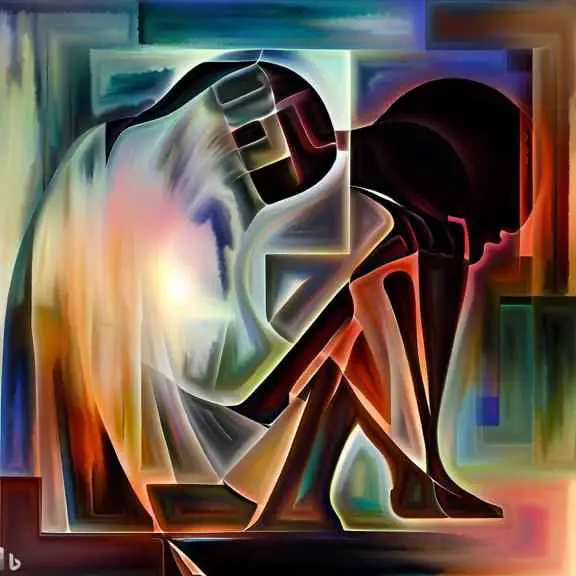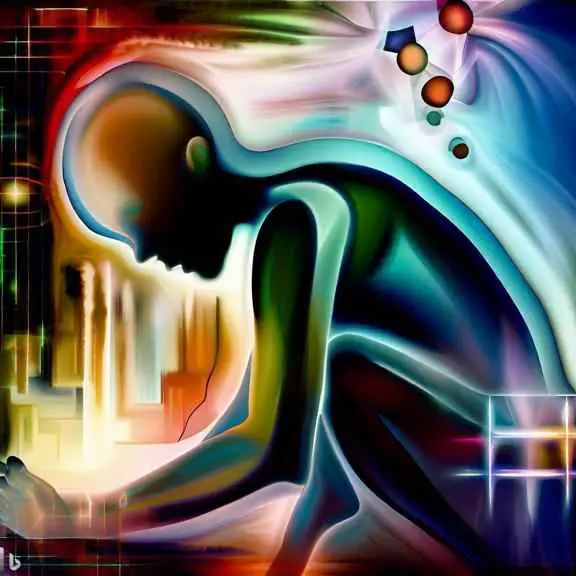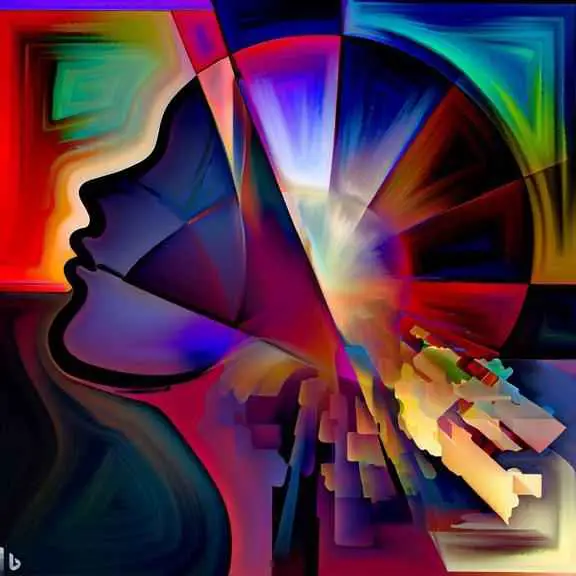Paragraph on
Drug Addiction
for all Class, Words
by Health on
Drug addiction is a serious problem that affects millions of people around the world. It refers to the compulsive and uncontrollable use of…, please continue reading.

Table of Content
Ad
The Paragraph on Drug Addiction
Ad

Questions about Drug Addiction
Ad
Drug addiction is a serious problem that affects millions of people around the world. It refers to the compulsive and uncontrollable use of drugs despite the negative consequences. Drug addiction is not just limited to illegal drugs such as cocaine, heroin, or methamphetamine but also includes prescription drugs, such as painkillers or sedatives, which are often misused. While drug addiction can start as a voluntary behavior, it can quickly turn into a chronic disease that affects the brain and the body. It does not only impact the individual but also their family and loved ones.
One of the major challenges of drug addiction is that it changes the way the brain functions. Continuous drug use can cause long-term changes to the brain’s reward system, making the brain crave the drug more and more. This impacts the parts of the brain responsible for decision-making, self-control, and impulse control. As a result, individuals struggling with drug addiction may prioritize the drug over other important aspects of their life.
Drug addiction is a treatable disease, and there are several approaches to treating it. However, treatment may vary depending on the severity of the addiction and the individual’s needs. Some common treatments include behavioral therapy, medication, or a combination of both. In many cases, support from family and loved ones can also play a significant role in supporting individuals through their recovery journey.
Despite the stigma surrounding drug addiction, it is essential to remember that it is a disease and not a lack of willpower or moral weakness. With proper treatment and support, individuals in recovery can lead healthy, fulfilling lives and overcome the challenges of addiction.
- What is drug addiction?
- Drug addiction is the uncontrollable and compulsive use of drugs despite negative consequences.
- Which drugs are included in drug addiction?
- Not just illegal drugs such as cocaine, heroin, or methamphetamine but also includes prescription drugs such as painkillers or sedatives.
- How does drug addiction affect the brain?
- Continuous drug use can cause long-term changes to the brain’s reward system, making the brain crave the drug more and more.
- How does drug addiction affect decision-making?
- Drug addiction can affect the parts of the brain responsible for decision-making, self-control, and impulse control.
- Is drug addiction a voluntary behavior?
- Drug addiction may start as a voluntary behavior, but it can quickly turn into a chronic disease that affects the brain and the body.
- Can drug addiction be treated?
- Yes, drug addiction is a treatable disease, and there are several approaches to treating it.
- What are some common treatments for drug addiction?
- Behavioral therapy, medication, or a combination of both are some common treatments for drug addiction.
- Can support from family and loved ones help in treating drug addiction?
- Yes, support from family and loved ones can play a significant role in supporting individuals through their recovery journey.
- What is the stigma surrounding drug addiction?
- There is a stigma surrounding drug addiction that it is a lack of willpower or moral weakness.
- Is it possible to lead a healthy life after drug addiction?
- Yes, with proper treatment and support, individuals in recovery can lead healthy, fulfilling lives and overcome the challenges of addiction.

Vocabulary related to Drug Addiction
Ad
Vocabulary words:
- Compulsive: Definition: Unable to stop or control something. Usage: His compulsive handwashing caused him to have dry, cracked skin. Synonyms: uncontrollable, irresistible; Antonyms: voluntary, willful
- Chronic: Definition: Persisting over a long period of time. Usage: Her knee pain became chronic after years of playing sports. Synonyms: persistent, long-lasting; Antonyms: brief, temporary
- Crave: Definition: To have a strong desire for something. Usage: He craved a cigarette after quitting for two weeks. Synonyms: desire, yearn for; Antonyms: dislike, abstain
- Stigma: Definition: A mark of disgrace or shame. Usage: The stigma surrounding mental illness prevented many from seeking help. Synonym: shame; Antonyms: honor, pride
- Impulse: Definition: Sudden desire or urge to do something. Usage: He acted on impulse and bought the car without checking the price. Synonyms: urge, inclination; Antonyms: reluctance, hesitation
- Prescription: Definition: A written order to obtain treatment or medication. Usage: The doctor gave him a prescription for antibiotics to treat his infection. Synonyms: medication, remedy; Antonyms: denial
- Severe: Definition: Extremely serious or dangerous. Usage: Her illness was so severe that she had to be hospitalized. Synonyms: critical, grave; Antonyms: mild, trivial
- Recovery: Definition: A return to health or normal life. Usage: After months of therapy, he finally made a full recovery from his injury. Synonyms: recuperation, improvement; Antonyms: decline, deterioration
- Support: Definition: To provide assistance or help. Usage: Her family was there to support her through her recovery from addiction. Synonyms: aid, assistance; Antonyms: hindrance, discouragement
- Treatable: Definition: Capable of being cured, healed or remedied. Usage: The doctor assured him that his condition was treatable. Synonyms: curable, remedial; Antonyms: untreatable, incurable

Structure of the sample "Drug Addiction" paragraph
Ad
Cohesion and coherence:
The paragraph demonstrates cohesion and coherence by connecting ideas in a logical and organized way. It starts with a general introduction of drug addiction, then explains how drug addiction affects the brain and decision-making. Then it moves to the treatment of drug addiction and finally concludes by addressing the stigma and possibility of recovery from the disease. Transition words such as ‘however,’ ‘despite,’ and ‘but also’ are used to connect ideas and make the paragraph flow smoothly.
